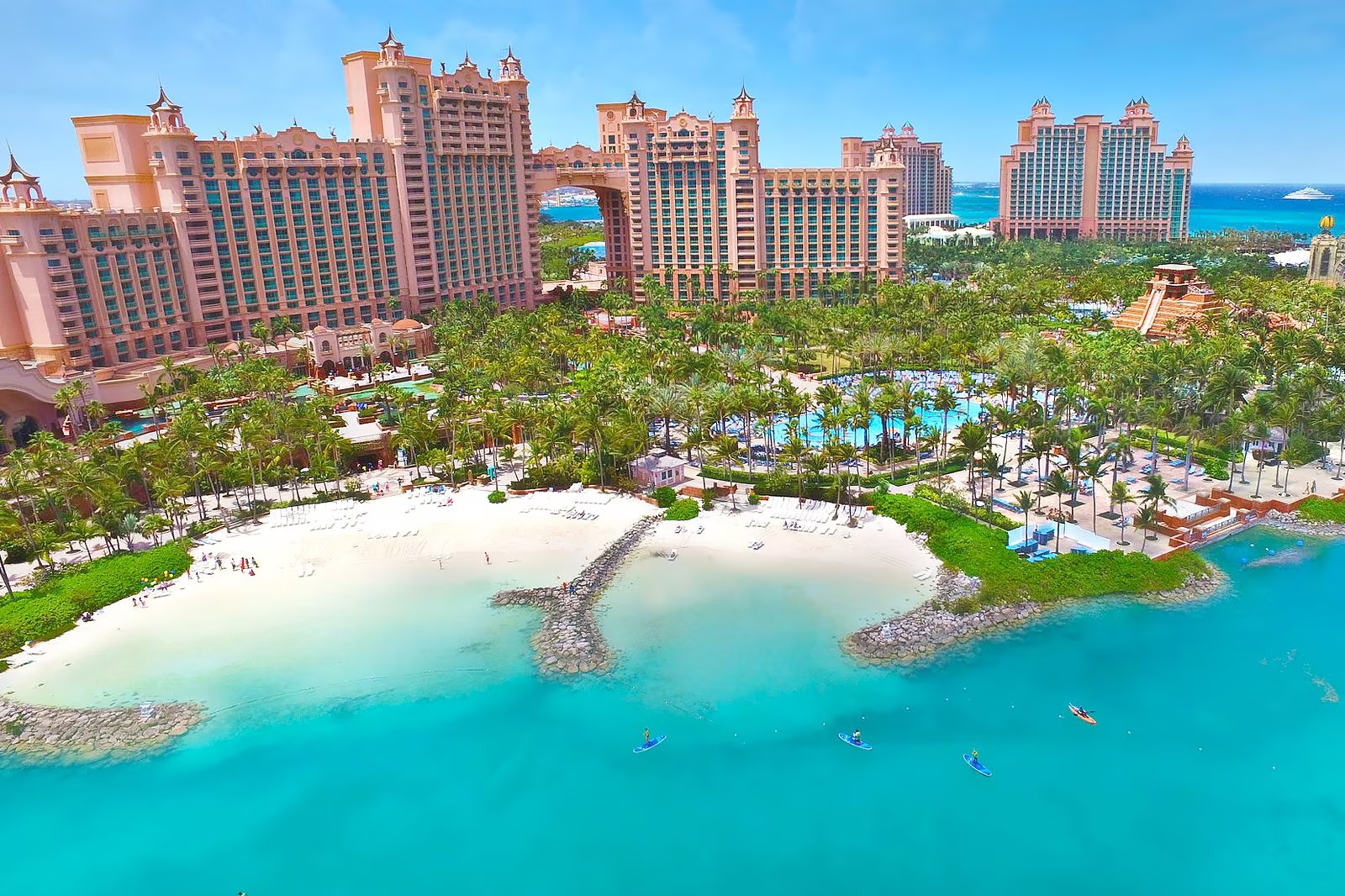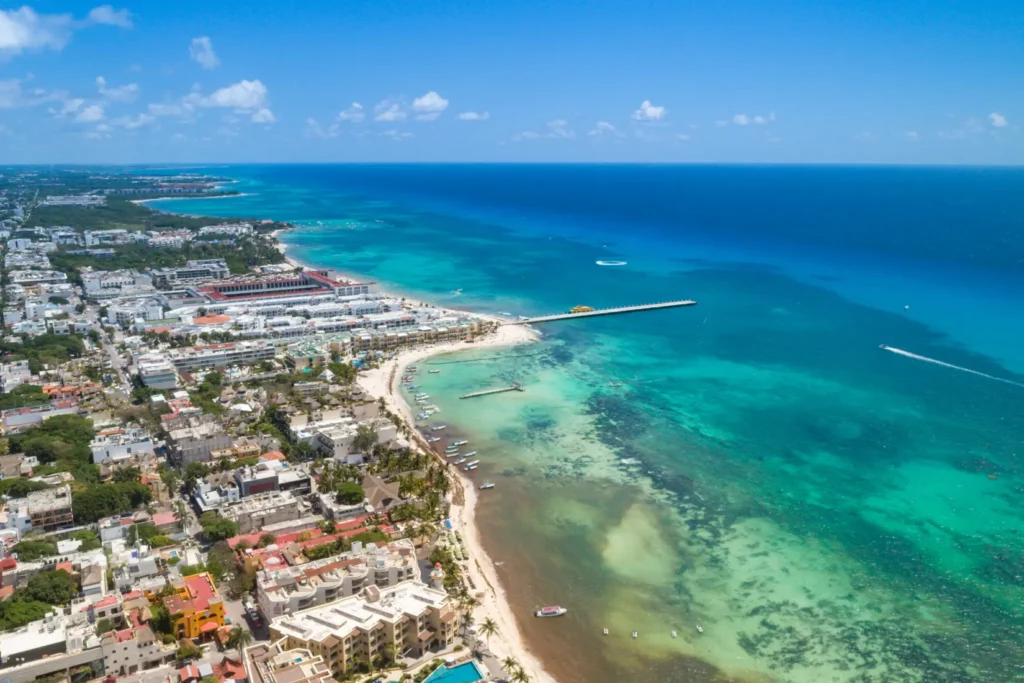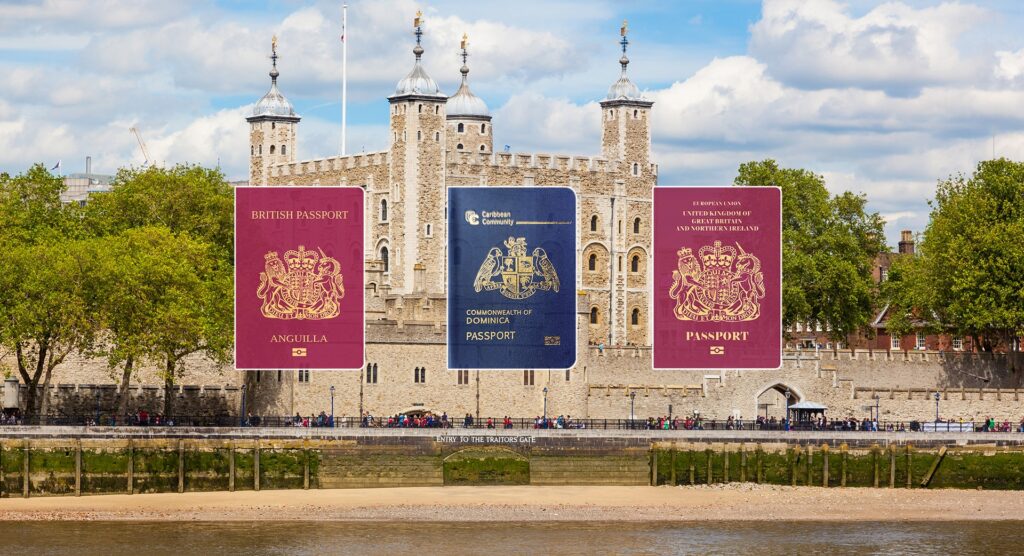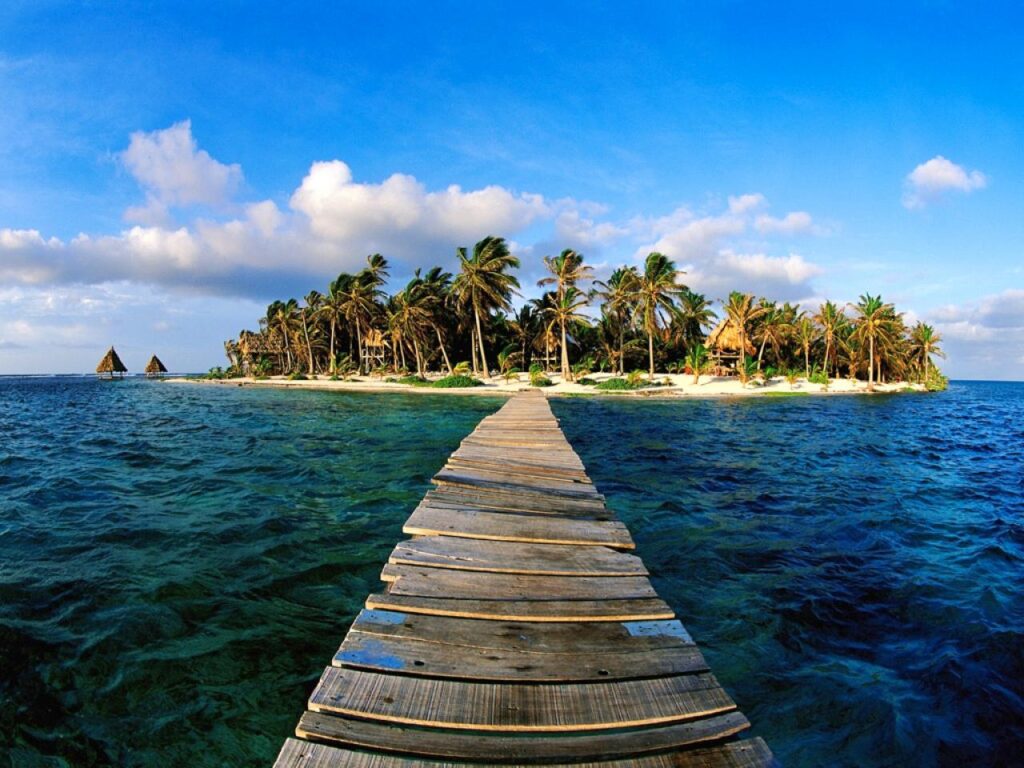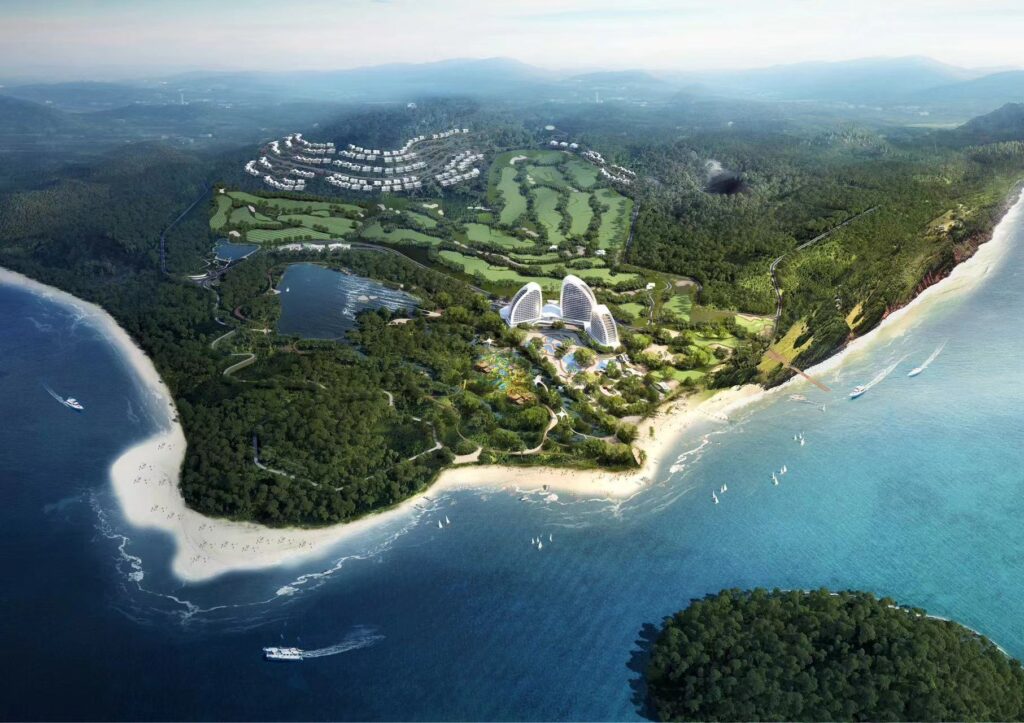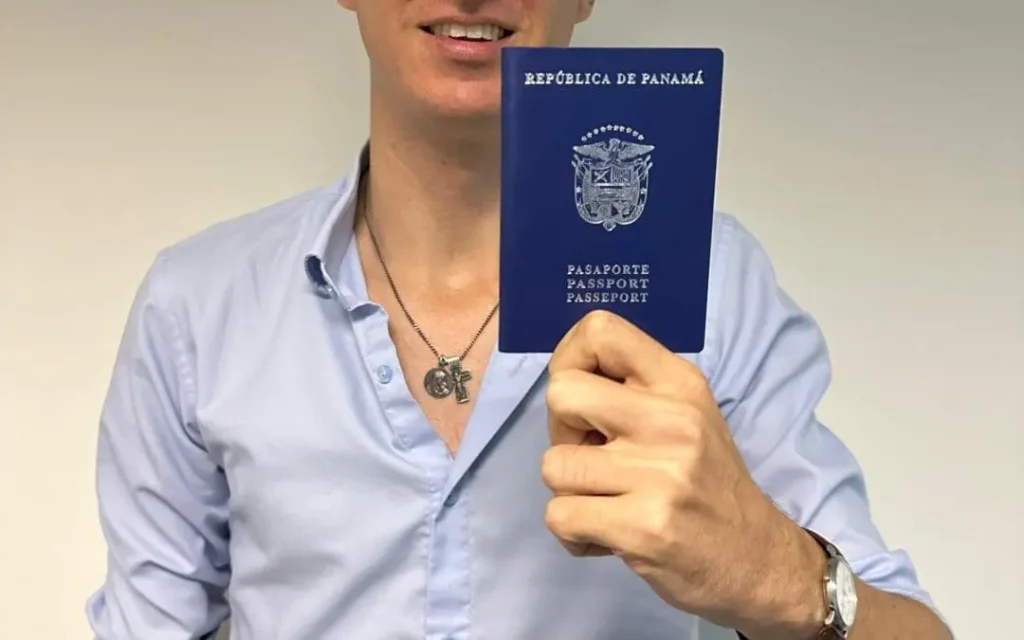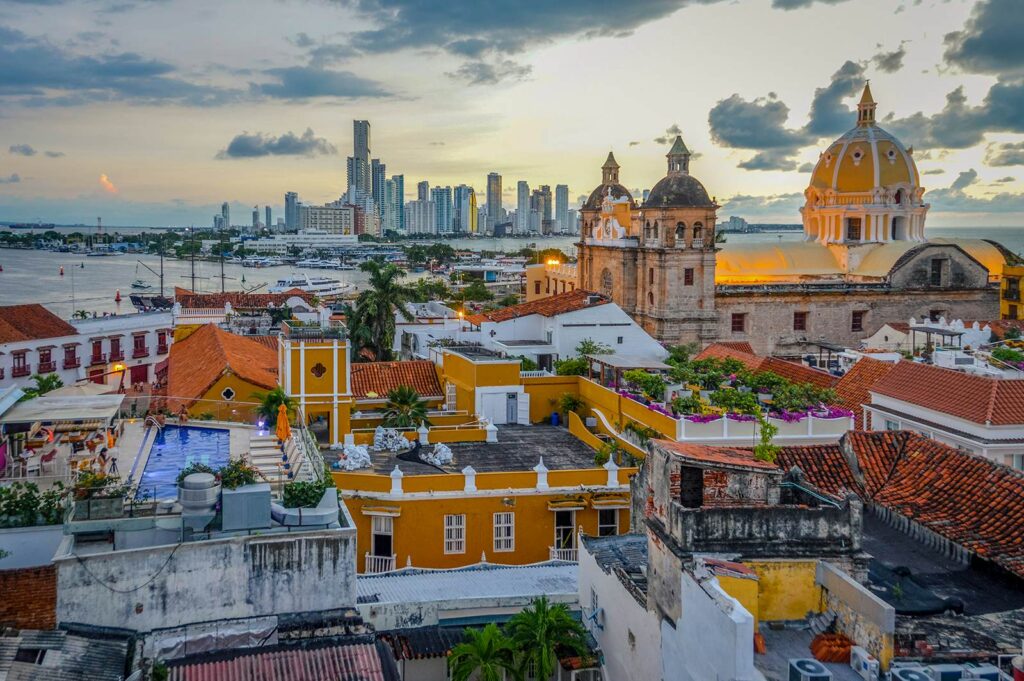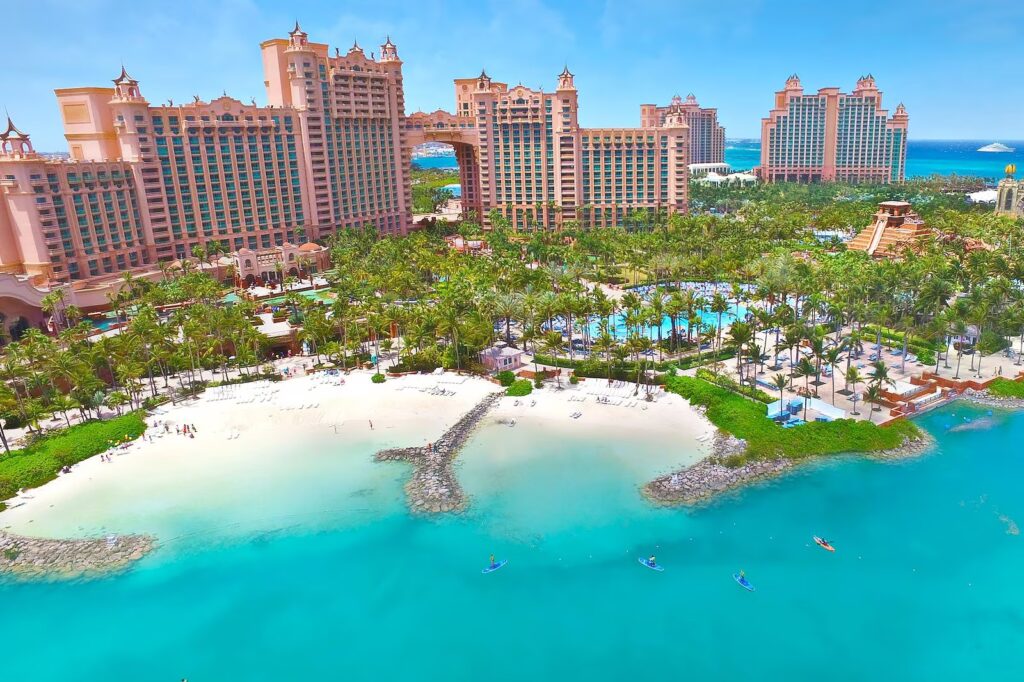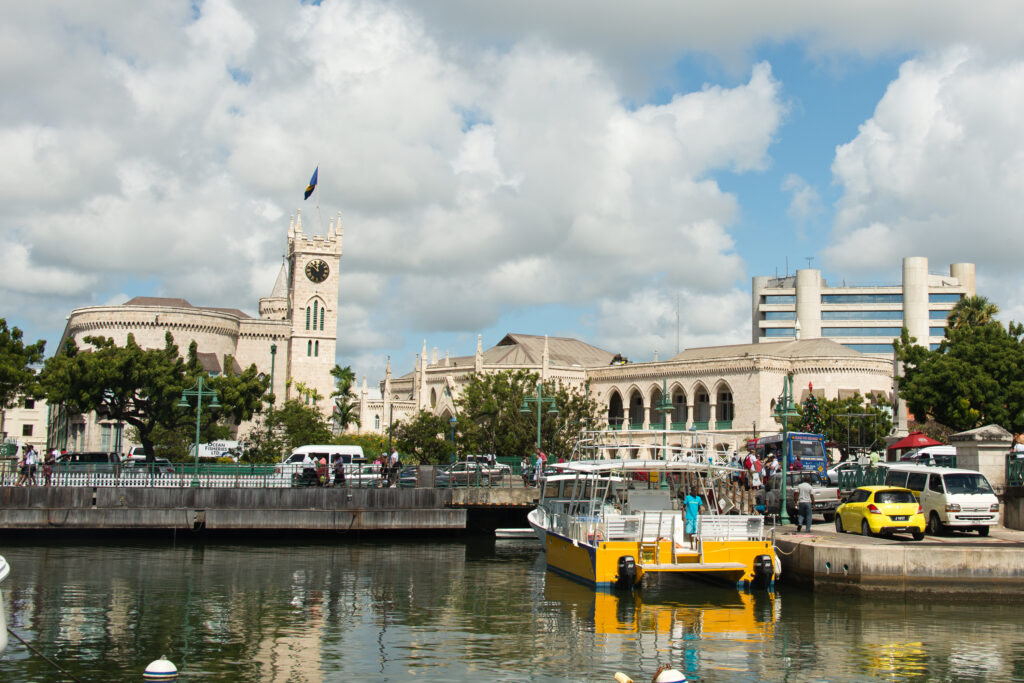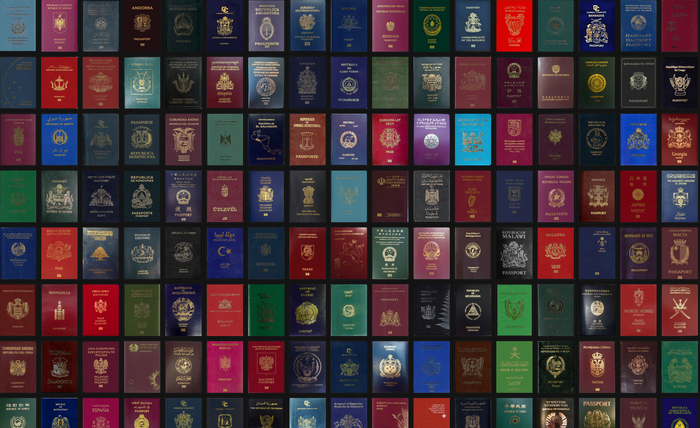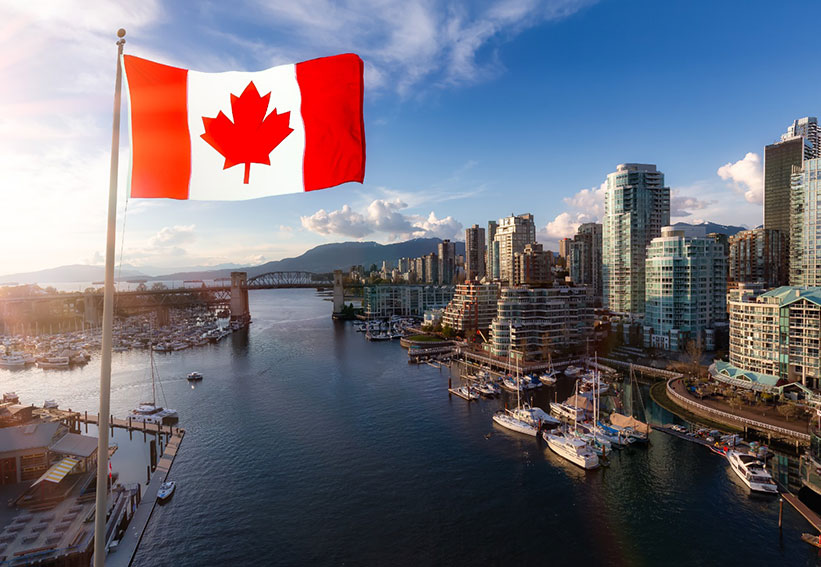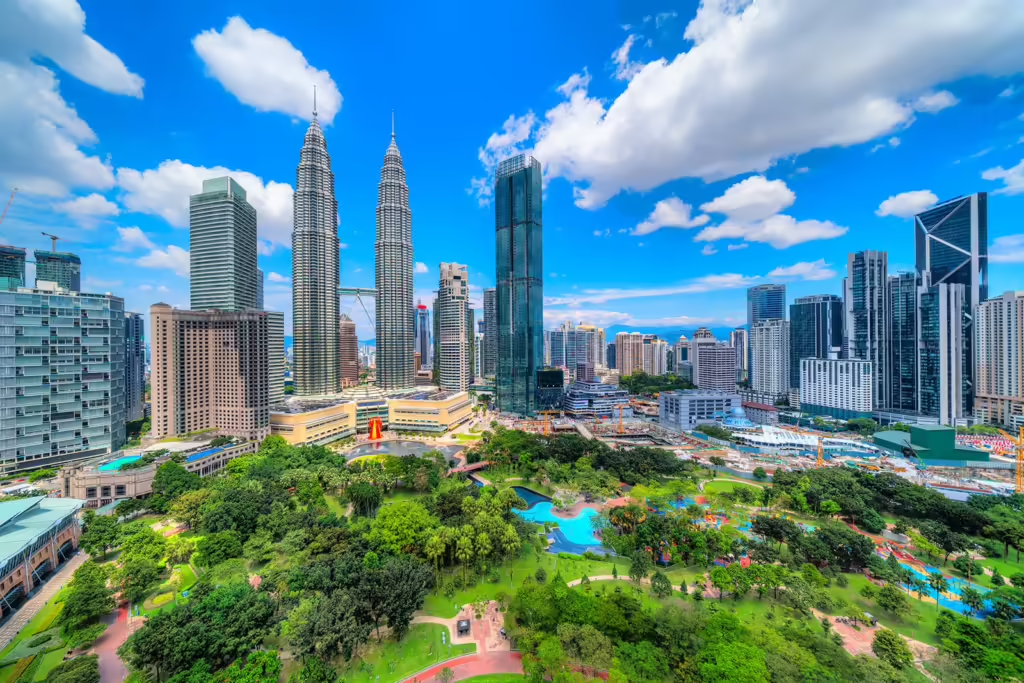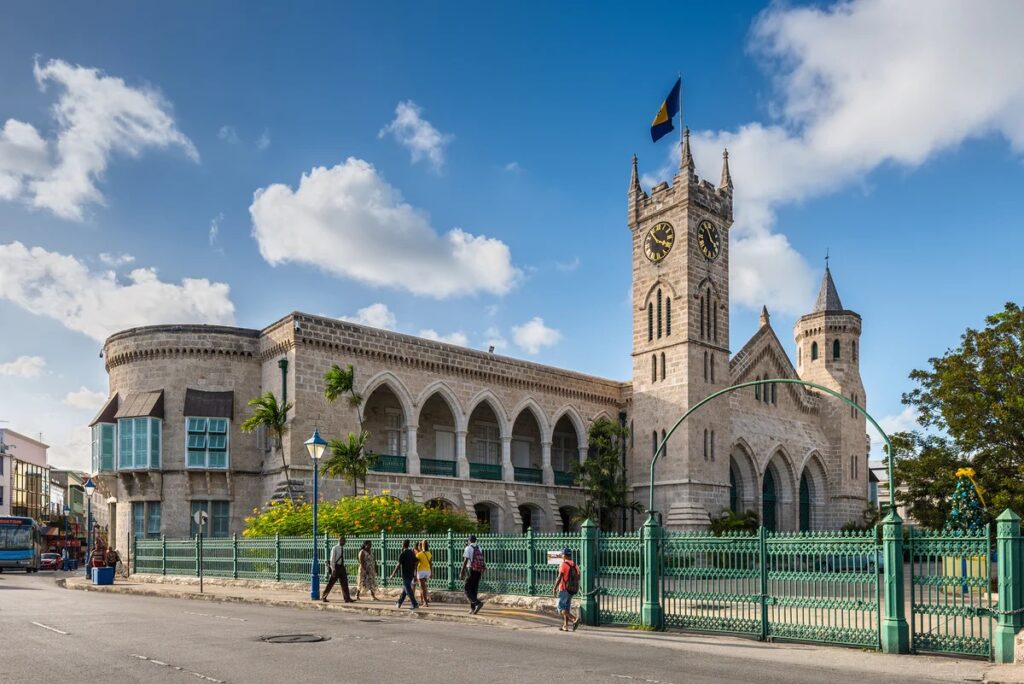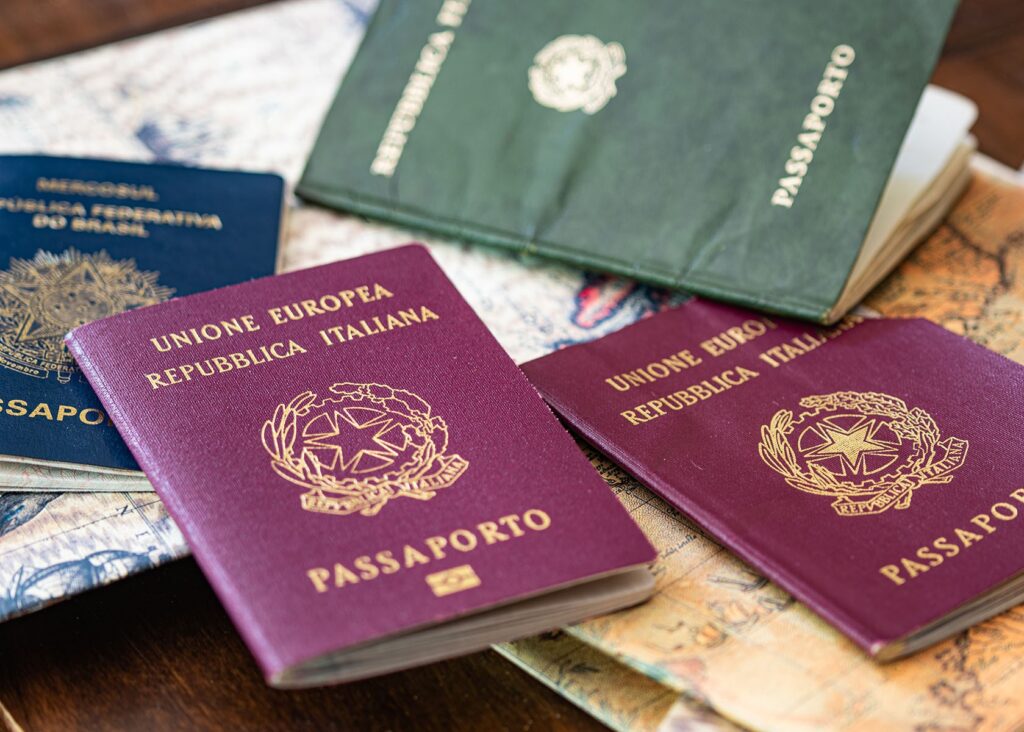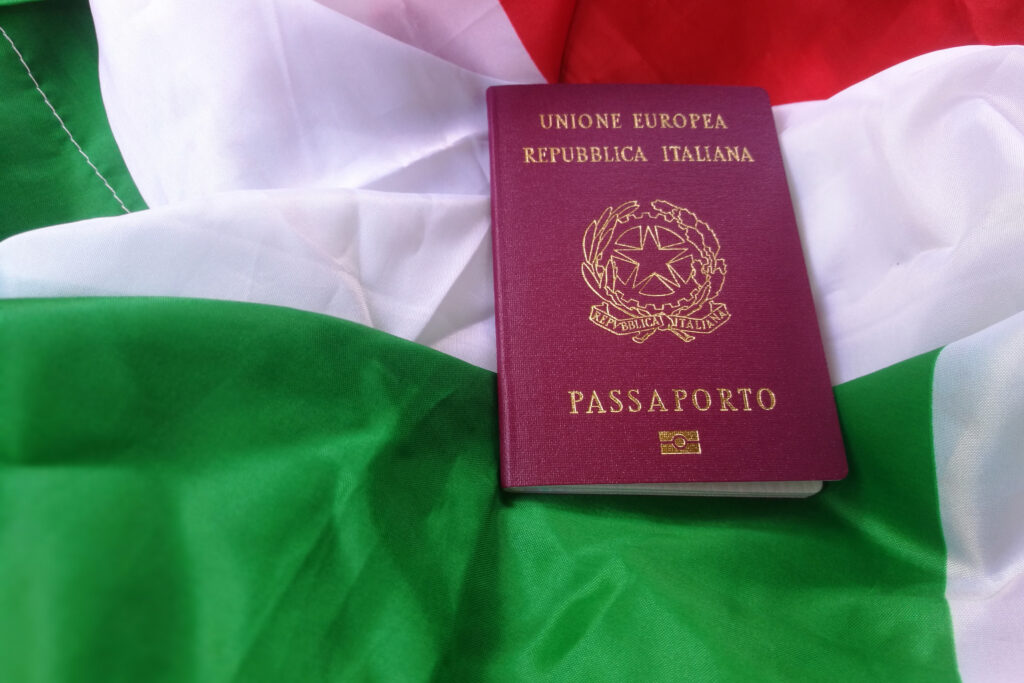With more than 700 islands and cays, living in the Bahamas presents an unmatched tapestry of sun, sea, and sand. Americans, Canadians, and Brits are particularly captivated by the stunning landscapes and laid-back lifestyle that define this archipelago. For these expatriates, the Bahamas represents the ultimate living and investment paradise, especially due to the Bahamas tax situation. Although the cost of living in the Bahamas is high, it continues to be a dream destination for countless people, and a few fortunate find it the perfect place to call home.
The Bahamian way of life perfectly balances leisure and excitement, combining relaxation with adventure. Whether you’re snorkelling in crystal-clear waters to explore rich marine life or enjoying local dishes at a beachside café, there is always something new to discover. Additionally, the Bahamas is home to one of the world’s largest barrier reefs, offering incredible diving experiences that are second to none.
Another significant benefit of living here is that it is one of the few tax-efficient places in the world. Residents and corporations enjoy no income, capital gains, or inheritance taxes, making the Bahamas an attractive location for expatriates and investors. These fiscal advantages make living in the Bahamas scenic and financially strategic, where economic and personal freedom go hand in hand.
Pros and Cons of Living in the Bahamas
Advantages of Living in the Bahamas
Living in the Bahamas brings with it a myriad of advantages that many can only dream about. Imagine waking up every day to pristine white-sand beaches and crystal-clear waters right at your doorstep. It’s not just a holiday; it’s your life now. The Bahamas offers an idyllic setting for those seeking a peaceful and scenic environment to call home.
- Tax Benefits: One of the most compelling reasons people relocate here is for financial benefits such as no income tax, capital gains tax, or inheritance tax. This can significantly increase your disposable income.
- Quality of Life: Over 300 days of sunshine annually makes outdoor activities plentiful. You can enjoy world-class diving, fishing, boating, and golfing.
- Community and Culture: The Bahamian community is welcoming and diverse. Expats find it easy to integrate due to the friendly locals and expat communities that host regular social events.
However, it’s not all sunshine without its shadows. While these perks make living here seem like paradise regained, there are some considerations you need to weigh carefully.
Challenges of Living in the Bahamas
Despite its allure, residing in the Bahamas comes with challenges that might give one pause.
- Cost of Living: Your paradise comes at a price. The cost of living is high compared to other countries. From groceries to utilities, expect everything to be more expensive due to import duties.
- Hurricanes: Being situated in hurricane alley means that from June through November there’s an increased risk of hurricanes.
- Accessibility: Depending on which island you choose (there are over 700), some may have limited access to healthcare facilities or daily conveniences like supermarkets.
- Safety Concerns: Safety varies significantly across different parts of the Bahamas. Certain areas, especially parts of Nassau, have higher rates of crime, which can be a concern for new residents unfamiliar with the region.
Adapting to island life entails understanding these realities and planning accordingly. Whether it’s securing comprehensive health insurance, budgeting for higher living costs, or enhancing personal security measures, preparation is crucial.
Relocating anywhere new always has its pros and cons but doing so on one of the enchanting islands of the Bahamas presents unique opportunities alongside challenges not found elsewhere. Understanding these will help ensure you’re making an informed decision about whether this breathtaking archipelago could be your next home sweet home.
Cost of Living in the Bahamas
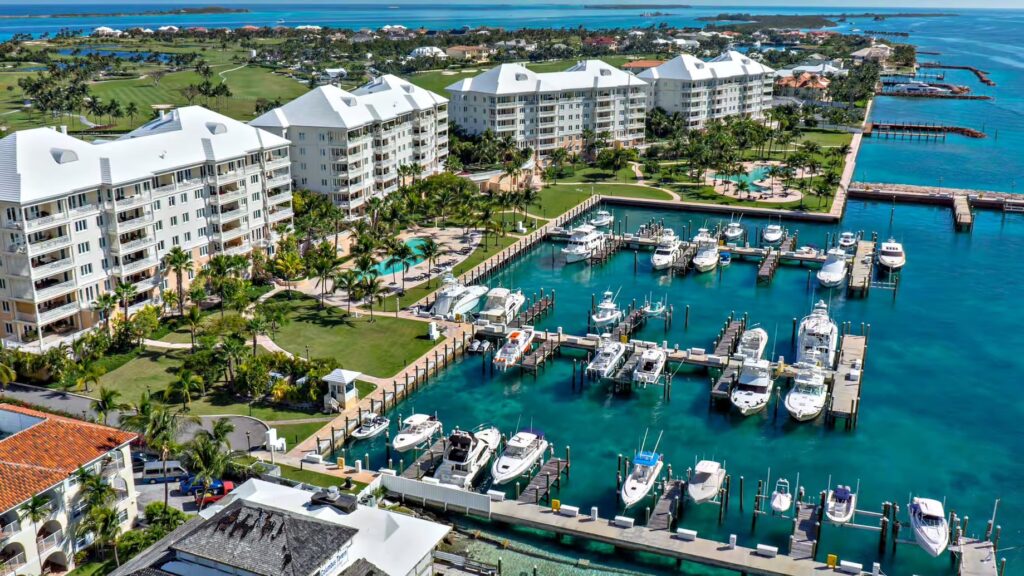
Housing Expenses
When considering a move to the Bahamas, housing is undoubtedly at the top of your list to investigate. The islands offer a range of living options, from luxurious beachfront villas to more modest apartments inland. Prices can vary greatly depending on location, size, and amenities. For example, renting a one-bedroom apartment in downtown Nassau might cost you anywhere from $1,000 to $2,500 per month. If you’re looking towards purchasing property, be prepared for high price tags especially in sought-after areas.
- Nassau (Downtown): $1,000 – $2,500/month for a one-bedroom rental
- Beachfront Villa: Prices can soar into millions depending on specifications
- Freeport (Lucaya): $800 – $1,800/month for a one-bedroom rental. Home prices are generally lower than in Nassau but still offer close proximity to beautiful beaches and amenities.
- Exuma (George Town): A one-bedroom rental costs around $1,200 – $2,000/month. Property prices can vary widely if you look at waterfront properties or more secluded locations.
Utilities also contribute significantly to monthly expenses. Expect to pay around $200-$300 monthly for electricity, water, and gas combined. It’s worth noting that these costs can escalate quickly during summer months due to air conditioning usage.
Food and Grocery Costs
Next up is food and groceries—a vital aspect of daily living expenses. While dining out in the Bahamas offers an array of delicious choices ranging from local delicacies to international cuisines; it comes with a higher price tag compared to other Caribbean destinations. A meal at an average restaurant could set you back about $20-$30 per person.
Grocery shopping reveals the import-dependent nature of the island’s food supply chain which leads to higher prices for basic goods as well:

- Fresh fruits and vegetables are seasonally available at varying prices.
- Local markets offer better deals than supermarkets but with limited variety.
Choosing locally produced items and frequenting farmers’ markets can help mitigate some costs but expect your overall grocery bill to be higher than what you’re used to back home. Adapting your diet and embracing local foods saves money and enhances your culinary experience in this tropical paradise.
Living in the Bahamas presents a unique blend of breathtaking beauty and high living costs. Understanding these expenses will better prepare you for life on these enchanting islands—where every day feels like a holiday despite the bills!
Healthcare in the Bahamas
Public Healthcare System
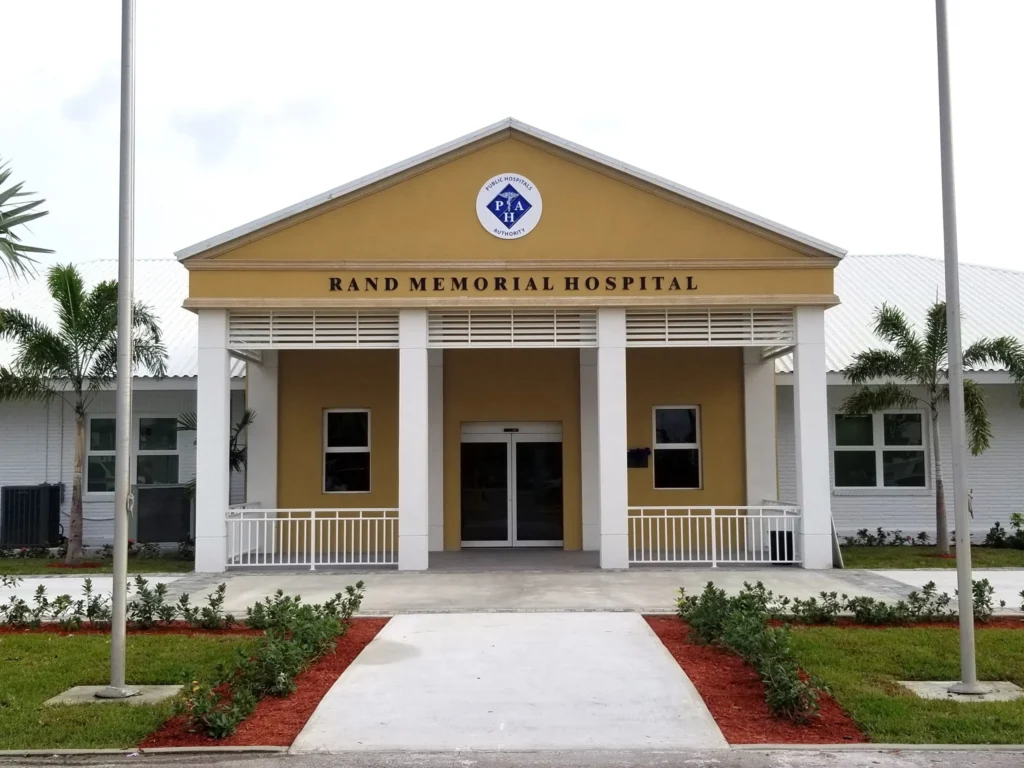
Experiencing healthcare in the Bahamas means navigating through its public and private sectors. The public healthcare system is accessible to all residents, offering a range of essential services at no or low cost. Funded by the government, it aims to provide equitable care across its islands. Facilities like Princess Margaret Hospital in Nassau and Rand Memorial Hospital on Grand Bahama stand out for their comprehensive services. Despite this, the system faces challenges such as limited resources and occasional delays in receiving care.
- Widespread Primary Care: Clinics are broadly distributed across the islands ensuring accessibility.
- Emergency Services: These are available but can be limited on more remote islands, potentially leading to longer response times.
- National Health Insurance Bahamas (NHIB): This program plays a pivotal role in health equity, covering various outpatient services like doctor’s visits and prescriptions at minimal costs.
- Specialized Medical Treatments: Limited in scope; for more complex conditions, patients may need to travel abroad.
- Resource Constraints: Occasional delays and shortages in medical supplies and personnel can affect service delivery.
The National Health Insurance Bahamas (NHIB) plays a crucial role, aiming to ensure that all Bahamians have access to quality healthcare services without financial strain. It covers various outpatient services, including doctor’s visits and prescription medications.
Private Healthcare Options
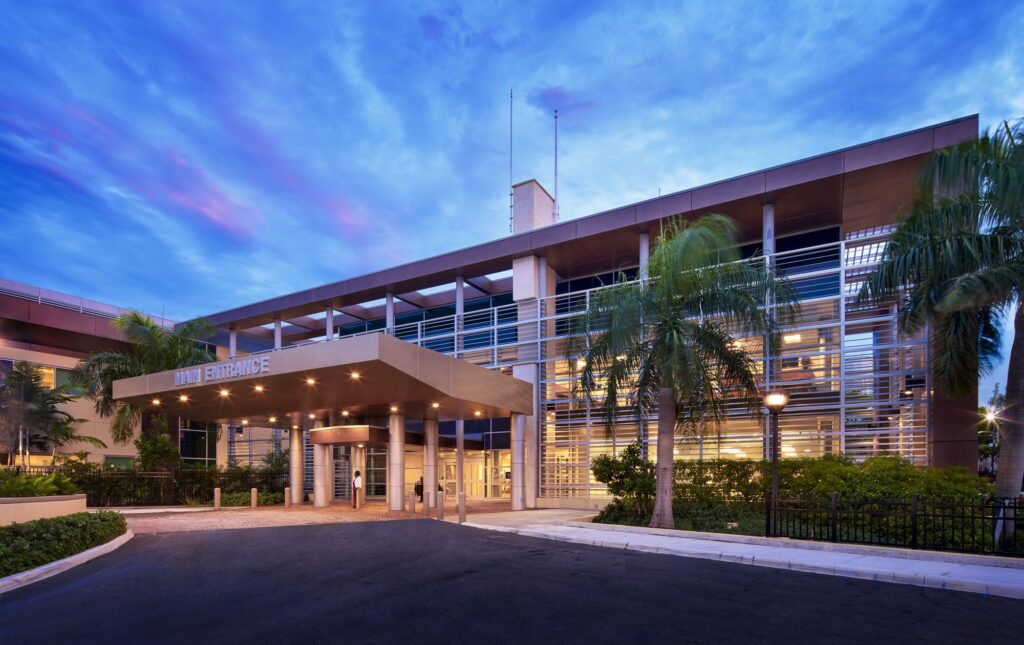
For those seeking more immediate or specialised treatment, private healthcare in the Bahamas offers an alternative. Private facilities boast shorter waiting times and a broader range of services, albeit at a higher cost. These institutions cater not only to locals but also to expatriates and tourists seeking high-quality medical care.
- Recommended Private Insurance: Essential for accessing these facilities, offering coverage for a range of treatments that might not be available publicly.
- International Health Plans: These are particularly popular among expatriates and provide comprehensive coverage that extends beyond local offerings.
- Doctors Hospital in Nassau: Renowned for its advanced medical care, this facility includes modern technologies and specialist services not typically found in the public sector.
- Accessibility of Specialist Services: Private healthcare provides access to specialized medical professionals and advanced treatments more readily than the public system.
- Comfort and Convenience: Private hospitals and clinics often offer more comfortable surroundings and personalized care, enhancing the patient experience.
Notably, Doctors Hospital in Nassau provides state-of-the-art medical care with modern technologies and specialist treatments not always available in the public sector. This hospital has garnered recognition for its high standards and skilled medical professionals.
Choosing between public and private healthcare often depends on individual needs, preferences, and financial capabilities. While the public system ensures basic coverage for everyone, private options offer enhanced services with added comfort and convenience.
Taxation and Financial Benefits of Living in the Bahamas
The Bahamas is renowned for its pristine beaches, vibrant culture, and favorable tax regime. This makes it an attractive destination for affluent families, high-net-worth individuals (HNWI), and investors, particularly those from high-tax countries like Canada, the UK, and Europe.
*US citizens are taxed on their worldwide income regardless of residence. Check out our detailed article “Puerto Rico Tax Haven For US Citizens: Comprehensive Guide”
Here’s a detailed look at the tax environment in the Bahamas and how it can benefit expatriates and investors.
Overview of the Bahamas Tax System
The Bahamas tax structure is highly beneficial to both residents and foreign investors. Unlike many countries, it does not levy personal income, capital gains, or inheritance taxes. This absence of direct taxation can provide significant financial benefits to individuals and entities that choose to relocate or invest here.
Key Advantages of the Bahamian Tax System
- No Personal Income Tax: One of the most appealing aspects of Bahamian tax policy is the lack of personal income tax. Individuals residing in the Bahamas are not required to pay tax on their global income, which can lead to substantial savings, especially for those from countries with high tax rates like Canada and the UK.
- No Capital Gains Tax: The Bahamas does not impose taxes on capital gains. This means that profits from the sale of real estate, stocks, or other investments are not taxed, which is a significant advantage for investors.
- No Inheritance Tax: The Bahamas does not have an inheritance tax, making it an advantageous location for estate planning. Wealth can be passed on to future generations without the burden of heavy taxes that might be imposed in other jurisdictions.
- No Corporate Income Tax: Companies incorporated in the Bahamas benefit from the absence of corporate income tax. This fosters a conducive business environment for both local and foreign enterprises.
- Indirect Taxation: While direct taxes are minimal, the Bahamian government funds its operations through indirect taxes such as import duties, stamp duties, and the Value Added Tax (VAT) which is currently at 12%. New residents and investors need to factor in these costs when planning their budgets.
Benefits for Affluent Families and HNWI
Affluent families and high-net-worth individuals can particularly benefit from the Bahamian tax system in several ways:
- Wealth Management: With no taxes on capital gains and inheritances, the Bahamas is an excellent location for wealth management and growth. Families can maintain and enhance their wealth more effectively than in high-tax jurisdictions.
- Privacy and Security: The Bahamas offers a stable political environment and a high degree of privacy, which is often sought after by HNWI for personal and financial reasons.
- Quality of Life: Beyond tax savings, the Bahamas offers a high standard of living, with excellent healthcare, education, and residential options. This makes it not only a financially smart choice but also a desirable place to live.
Opportunities for Investors
Investors from Canada, the UK, and other countries can leverage the Bahamian tax benefits in numerous ways:
- Real Estate Investment: The lack of capital gains tax makes real estate investment particularly attractive in the Bahamas. Investors can benefit from the appreciation of property values without worrying about a large tax bill on gains.
- Business Opportunities: Entrepreneurs can benefit from the favorable business environment with no corporate income tax and potential exemptions from import duties and other taxes for qualified businesses under specific incentive schemes.
- Financial Services: The Bahamas is a well-regarded financial hub with a robust banking sector. Investors can access a variety of financial services and products designed for international clients.
The tax structure in the Bahamas offers significant advantages for expatriates, affluent families, HNWI, and investors from high-tax countries like Canada and the UK. By relocating to or investing in the Bahamas, individuals and businesses can enjoy not only the financial benefits of a tax-friendly environment but also the exceptional lifestyle and beauty that the islands have to offer. Making the move requires careful planning and consideration of both the benefits and the indirect costs associated with living in a tax-advantaged jurisdiction.
Best Places to Live in the Bahamas
The Bahamas, with its sprawling archipelago of more than 700 islands and cays, provides an unrivaled mixture of lifestyle options. Whether you’re looking for the hustle and bustle of city life or the peaceful retreat of a secluded beach, the Bahamas has something to offer. Here’s a deeper look into some of the best places to live in the Bahamas, each with its own unique flavor and lifestyle advantages:
Nassau
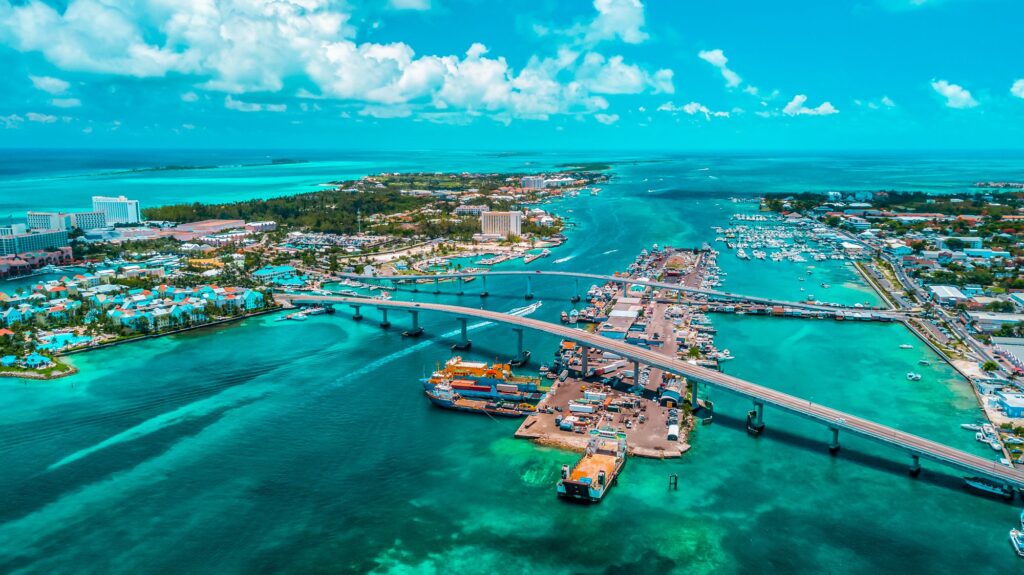
Nassau is not just the political capital but the cultural heartbeat of the Bahamas. This city offers a dynamic blend of the new and the old, including modern amenities and remnants of colonial history, making it an exciting place for those who seek a vibrant living environment.
- Urban Amenities and Beachfront Beauty: A perfect mix of modernity and beauty, offering upscale living spaces near iconic beaches like Cable Beach.
- Cultural and Social Hub: Packed with cultural institutions and a variety of social venues, life in Nassau is never dull.
- High-Quality Services: High standards of healthcare and education are readily available, making it ideal for families.
- Active Lifestyle Options: The city is full of life with countless activities ranging from water sports to nightlife.
- Shopping and Entertainment: From luxury shopping to local markets and cinemas, Nassau caters to all tastes and preferences.
Living in Nassau means embracing a lifestyle full of possibilities. Whether you’re indulging in the local culture, enjoying the beautiful beaches, or utilizing the top-notch services, Nassau provides a cosmopolitan atmosphere with a Caribbean twist.
Freeport
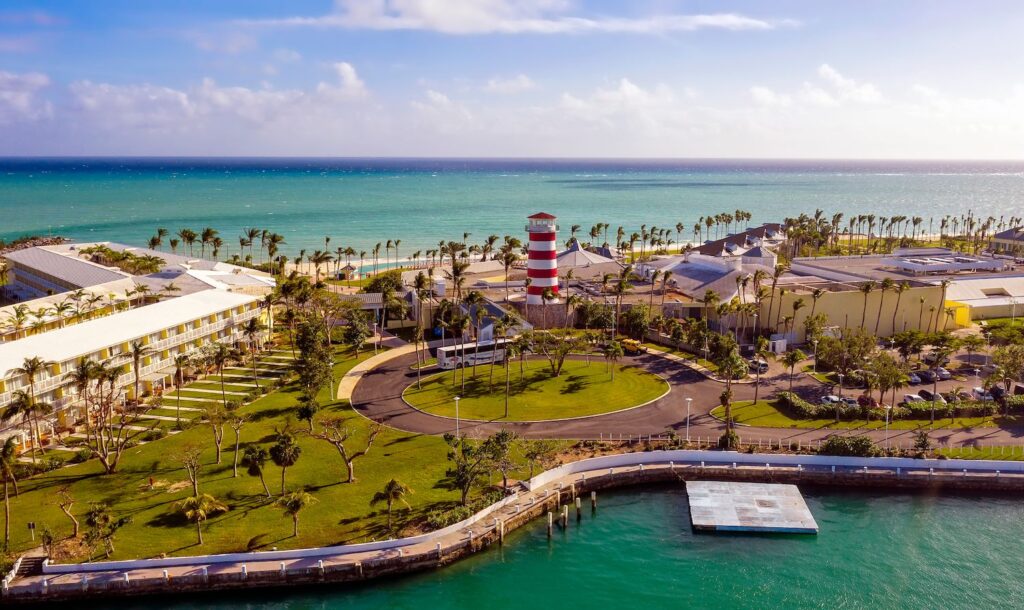
Freeport is the second-largest city in the Bahamas and offers a more laid-back vibe compared to Nassau. Known for its natural harbors and beautiful parks, Freeport is ideal for those who prefer a slower pace of life without sacrificing convenience.
- Relaxed Environment: A tranquil setting framed by nature, perfect for relaxation and recreation.
- Affordable Housing: More budget-friendly than Nassau, with a variety of housing options available.
- Community Spirit: Known for its warm and welcoming community, making it easy to settle in.
- Outdoor Activities: A paradise for nature lovers, with activities like hiking and sailing.
- Essential Services: Despite its serene atmosphere, Freeport provides all necessary modern amenities.
Freeport combines the allure of a peaceful lifestyle with the practicalities of urban living. Its natural beauty and friendly community make it a great choice for those looking to enjoy a quieter, yet fulfilling life in the Bahamas.
Bimini
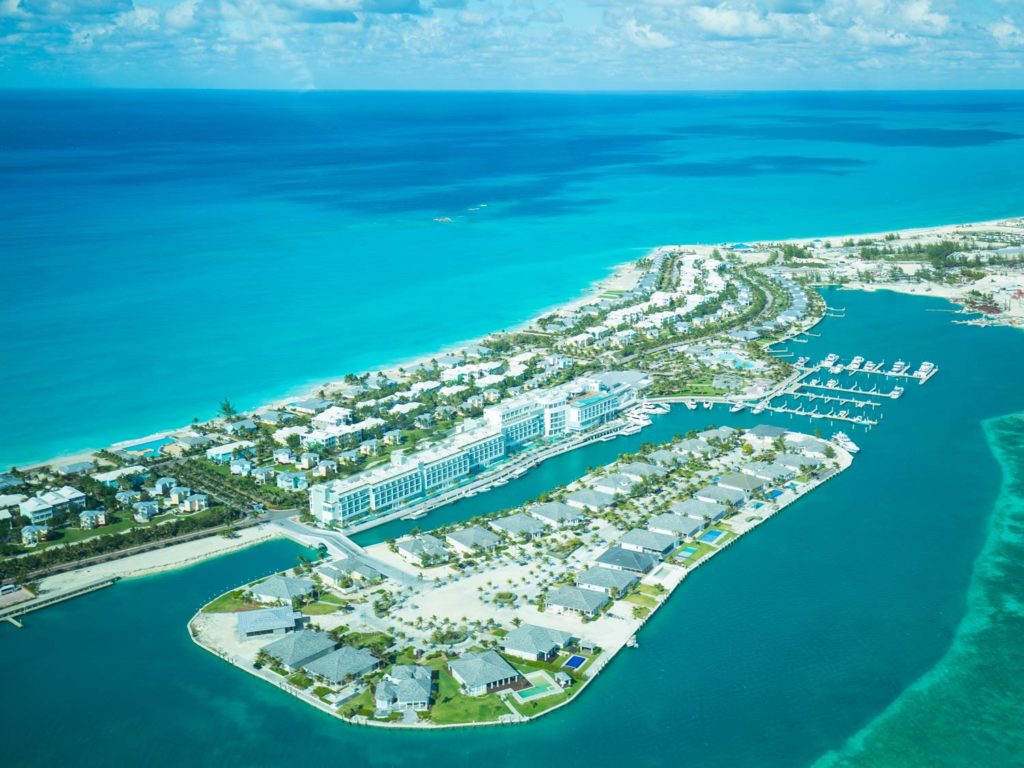
Bimini is often seen as a gateway between the Bahamas and the United States, offering an idyllic lifestyle just a stone’s throw from the hustle of Miami. Its historic charm and stunning natural beauty make it a perfect retreat for peace seekers.
- Historical Significance: Rich with history and stories of legendary figures like Ernest Hemingway.
- Secluded Beaches: Home to some of the most pristine beaches in the Bahamas, offering ultimate privacy.
- Community Feel: Small community vibes where everyone knows your name.
- Proximity to the US: Ideal for those who frequently travel to or have business in the United States.
- Natural Beauty: Breathtaking scenery that can be enjoyed with minimal crowd disturbance.
Bimini’s close-knit community and beautiful landscapes offer a serene lifestyle that’s hard to find so close to a major metropolitan area. It’s the perfect place for those who want to slow down and soak in the natural beauty of the Bahamas.
Exuma
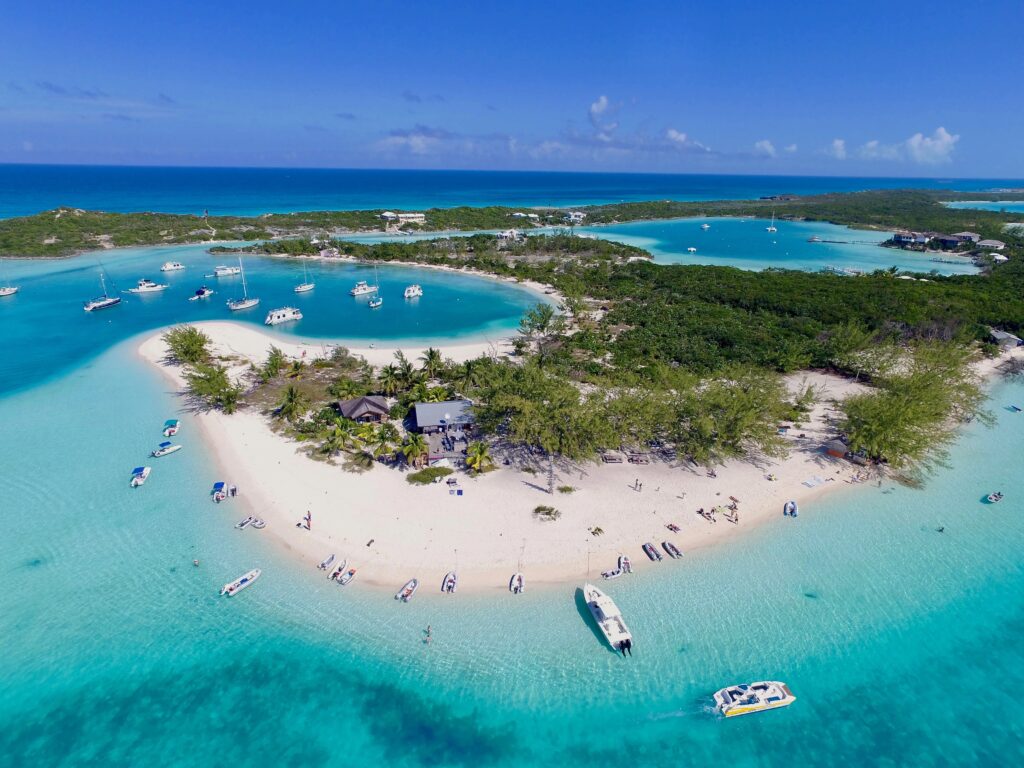
Exuma is a collection of over 365 islands, famously known for its Exuma Cays and the crystal-clear waters surrounding them. This district is perfect for adventurers and nature lovers who dream of a tranquil life surrounded by the ocean.
- World-Class Waters: Known worldwide for its water sports and stunning beaches.
- Relaxed Pace of Life: The slow and steady rhythm of island life governs Exuma.
- Strong Community Vibe: Close community ties foster a supportive and friendly environment.
- Natural Attractions: Unique wildlife and pristine landscapes are part of daily life.
- Marine Activities: Ideal for enthusiasts of boating, fishing, and diving.
Exuma offers a lifestyle dominated by natural beauty and adventure. With its friendly communities and endless outdoor activities, it’s a paradise for those seeking a peaceful life away from city noise.
Harbour Island
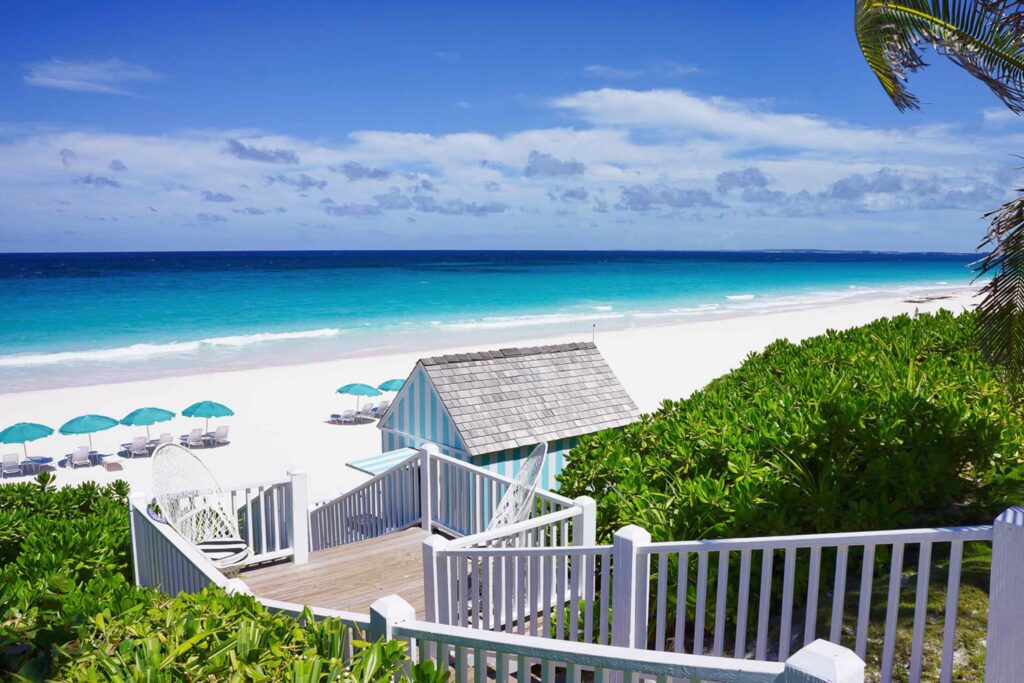
Harbour Island is often referred to as the crown jewel of the Bahamas due to its world-renowned pink sand beaches and luxurious lifestyle. It’s a top choice for those who seek exclusivity and elegance in their everyday surroundings.
- Unique Aesthetic: The stunning pink sands create a beach experience like no other.
- Luxury Lifestyle: Catering to those who appreciate finer living and high-end dining.
- Rich Cultural Heritage: A deep-rooted history adds a layer of depth to the island’s charm.
- Exclusive Community: A small, upscale community offers privacy and security.
- Vibrant Social Scene: The social calendar is bustling with events, perfect for social butterflies.
Harbour Island epitomizes luxury living with its breathtaking beaches and chic lifestyle. It’s an ideal spot for those who want to indulge in the finer things in life while enjoying the natural beauty of the Bahamas.
Each location within The Bahamas has its unique charm offering something different depending on what you’re after – whether it’s bustling city life full of cultural experiences or quiet beachside living with breathtaking views right outside your doorstep.
Conclusion
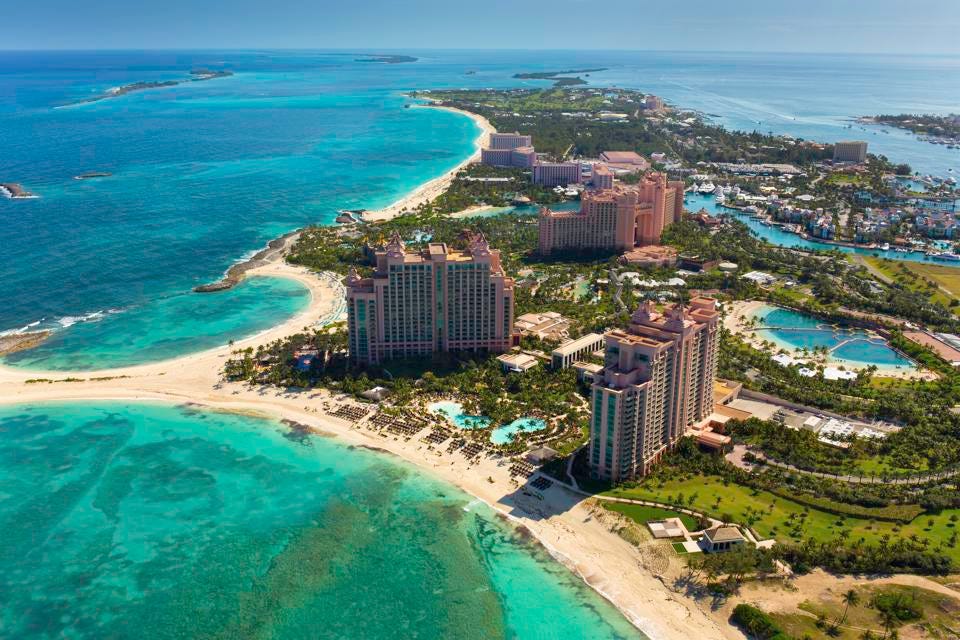
Living in the Bahamas offers a unique blend of stunning natural beauty, relaxed lifestyle, and vibrant local culture. You’ll find yourself immersed in a world where crystal-clear waters meet endless sunny skies, making every day feel like a holiday.
Embracing Island Life
Choosing the Bahamas as your home means embracing the laid-back island life. Here are some key takeaways:
- Natural Beauty: With over 700 islands, you’re never far from breathtaking beaches and exotic wildlife.
- Community and Culture: The local communities are welcoming, offering a chance to immerse yourself in the rich Bahamian culture.
- Cost of Living: While living costs can be high, especially on more developed islands like Nassau or Grand Bahama, planning your budget wisely will help you enjoy all that the Bahamas has to offer without breaking the bank.
Practical Considerations
Before packing up your life and moving to this paradise, it’s crucial to consider some practical aspects:
| Factor | Description |
|---|---|
| Residency | Obtaining legal residency can be straightforward with a US $750,000 investment. |
| Healthcare | Quality private healthcare is available but can be expensive. |
| Education | International schools and post-secondary institutions offer quality education for expats. |
| Infrastructure | Be prepared for occasional disruptions due to weather especially from June to October. |
These elements play a significant role in ensuring your transition to island life is as smooth as possible.
Final Thoughts
Deciding to live in the Bahamas isn’t just about moving to a new location; it’s about adopting a new way of life—one that prioritizes simplicity, nature, and community. Whether you’re drawn by the promise of adventure beneath the waves or simply seeking a serene place to call home, living in the Bahamas offers an unrivalled experience that many dreams of but few get to realize.
Remember though that while paradise comes with challenges—such as adjusting to ‘island time’ or navigating occasional weather disruptions—the rewards far outweigh these minor inconveniences. If you’ve ever dreamt of waking up to sea breezes and sunlit shores every day then perhaps it’s time you considered making those dreams a reality.
Frequently Asked Questions (FAQ)
1. What are the main advantages of living in the Bahamas?
The Bahamas offers many advantages for residents, particularly due to its beautiful climate, stunning landscapes, and financial benefits. Residents enjoy over 300 days of sunshine per year, perfect for many outdoor activities like diving, fishing, and boating. Financially, the lack of income tax, capital gains tax, and inheritance tax can significantly increase your disposable income, making it an attractive spot for expatriates and investors.
2. What are some challenges I might face living in the Bahamas?
Living in the Bahamas isn’t without its challenges. The cost of living can be high, especially for imported goods due to high import duties. The islands are also in a hurricane zone, which increases the risk of encountering a hurricane, particularly between June and November. Additionally, safety can vary greatly depending on the area, and some parts of Nassau are known for higher rates of crime.
3. How does healthcare work in the Bahamas?
The Bahamas has both public and private healthcare systems. The public system, funded by the government, provides essential services at low or no cost but may have limited resources and face occasional delays. The private system offers more immediate and specialized treatments but at a higher cost. Health insurance is highly recommended to access the best care possible.
4. What should I know about housing in the Bahamas?
Housing in the Bahamas varies widely depending on the island and the area. For instance, a one-bedroom apartment in downtown Nassau can cost anywhere from $1,000 to $2,500 per month. Beachfront properties can be significantly more expensive. Researching and planning according to your budget and lifestyle preferences is important.
5. Can you tell me about the food and grocery costs in the Bahamas?
Grocery costs in the Bahamas are generally higher than in many other countries, primarily because most goods need to be imported. Basic items like a loaf of bread or a gallon of milk can cost several times what they might in the U.S. Eating out also tends to be more expensive, with meals at average restaurants costing around $20-$30 per person.
6. What is the community and cultural like in the Bahamas?
The Bahamian community is known for being extremely welcoming and diverse. Expatriates usually find it easy to integrate, thanks to the friendly locals and an active expat community with regular social events. The culture is vibrant, influenced by various traditions and histories intertwined with the islands’ development.
7. Are there any specific tips for those planning to move to the Bahamas?
If you’re planning to move to the Bahamas, it’s crucial to consider several practical aspects:
- Legal Residency: This can often be facilitated through investment, such as purchasing property.
- Healthcare Needs: Quality healthcare is available but costly, especially if opting for private care. It is advisable to have comprehensive health insurance.
- Education: International schools are available for expatriate children, providing high-quality education.
- Weather Considerations: Prepare for seasonal hurricanes and plan your home and insurance accordingly.
- Community Engagement: Getting involved in local or expat community events can help new residents settle in more quickly and smoothly.
Learn More
Offshore Freedom™ is a boutique coaching and consulting firm that helps investors and entrepreneurs live and invest internationally. We help our clients grow their businesses, pay less taxes, buy more real estate, and take advantage of global residency and citizenship by investment programs worldwide.
Schedule a 1 on 1 consultation with Dan Merriam, and let us help you design the life of your dreams and live the Offshore Freedom™ lifestyle. Ask questions and get answers about international real estate, tax planning, offshore banking, second residencies, citizenship by investment, lifestyle design and more.
This article is for informational purposes only; it should not be considered financial, tax planning, investment or legal advice. Consult a certified financial or investment professional in your jurisdiction of interest before making any major financial or investment decisions.
Writer in Tax Reduction, International Tax Planning, Travel, Citizenship by Investment, Second Residence, Real Estate Investing, Worlds Best Passport, Second Citizenship, Malta Passport, Antigua Passport, Caribbean Citizenship, Asset Management, Lifestyle Planning, Countries with the Lowest Taxes, Company Formation, Offshore Banking, Asset Protection, Technology, Entrepreneurship

